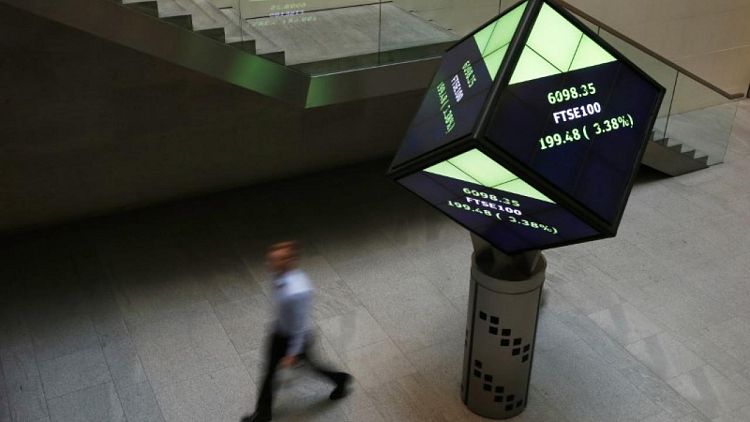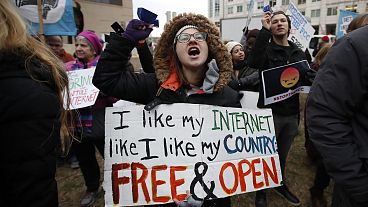By Devik Jain
- Miners knocked London's FTSE 100 index off 16-month highs on Thursday as a hawkish turn by the U.S. Federal Reserve hit commodity prices, although Britain's plans to ease travel restrictions allowed airline shares to buck the trend.
The blue-chip index fell 0.3% and was on track for its biggest percentage fall in two weeks.
Base and precious metal miners slid 1.3% and 2.4% respectively, as commodity prices slipped after the Fed signalled it could raise rates earlier than expected.
Large dollar-earning consumer staples companies Unilever, Diageo and Reckitt Benckiser Group fell between 0.5% and 1%.
Ipek Ozkardeskaya, a senior analyst at Swissquote Bank, said stock markets would likely be shielded by increased economic activity that would compensate for higher funding costs.
"Pulling away liquidity should lead to some price pullback in major indices... but given the actual circumstances, investors will be increasingly craving for inflation and reflation friendly stocks," she said.
Banks, which tend to do well in a rising rate environment, were the biggest boost to the FTSE 100. Standard Chartered, Barclays and HSBC Holdings gained 2% each.
The domestically focused mid-cap FTSE 250 index declined 0.4%. Dr. Martens slipped 6.9% to the bottom of the index even after the classic British boot brand reported a 22% rise in its annual core earnings.
Meanwhile, in fresh hopes for travel companies, Britain said it was considering allowing those who are double vaccinated against COVID-19 to enjoy a foreign holiday without intrusive red tape.
Airlines including Wizz Air, British Airways-owner IAG, EasyJet Plc and Ryanair Holdings jumped between 3% and 4.2%, while travel companies TUI AG and Jet2 rose 2.6% and 4%, respectively.
Premier Inn-owner Whitbread gained 3.7% after saying hotel bookings in its tourist locations picked up in the run-up to the summer travel season.
Trainline climbed 5.5% after the rail operator's group net ticket sales hit the highest since the start of the pandemic.



